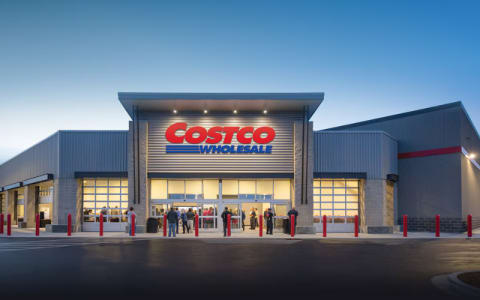Microbrewing used to be the wild west of beer. Small, scrappy breweries poured their hearts into every pint, making unique brews that big beer couldn’t touch. But lately, corporate buyouts are shaking things up, and not in a good way. Are these cash grabs sucking the soul out of microbrewing? Let’s dig in.
The Heart of Microbrewing
Microbrewing is all about passion. These small outfits—often just a handful of folks in a garage or warehouse—experiment with bold flavors, local ingredients, and quirky branding. Think hazy IPAs, tart sours, or stouts that taste like your grandma’s chocolate cake. It’s beer with personality, made by people who’d rather die than churn out bland lager.
I remember stumbling into a tiny brewery in Asheville a few years back. The place was a dive, with mismatched chairs and a bartender who looked like he’d just rolled out of bed. But the beer? Holy cow, it was like drinking a campfire in the best way possible. That’s the magic of microbrewing—small, authentic, and full of heart.
The Corporate Cash Grab
But here’s the rub: big beer companies like Anheuser-Busch and Molson Coors are sniffing around. They’ve been scooping up craft breweries faster than you can say “double IPA.” According to the Brewers Association, over 200 craft breweries have been bought out since 2015. Names like Goose Island, Lagunitas, and Ballast Point—once indie darlings—are now under corporate umbrellas.
Why? Money, duh. Craft beer is a $30 billion market, and big beer wants a slice. They slap “craft” on the label, keep the branding cute, and hope nobody notices the suits calling the shots. But it’s not just about labels. These buyouts often mean less freedom for brewers, cheaper ingredients, and a push for mass production over quality.
What’s Getting Lost?
When a brewery gets bought, it’s like your favorite punk band signing with a major label. Sure, they might get fancy new equipment, but something’s off. The brews start tasting safer, less adventurous. Local vibes get swapped for corporate efficiency. And the community? It takes a hit. Microbreweries are often neighborhood hubs—places where locals swap stories over a pint. When corporates move in, that cozy feel can vanish.
Take Wicked Weed, a brewery I loved back in the day. After AB InBev bought them in 2017, the backlash was real. Locals felt betrayed, like their spot had sold out. Some even boycotted. The beer’s still decent, but it ain’t the same. That’s what buyouts do—they chip away at the soul.
The Flip Side
To be fair, not every buyout’s a trainwreck. Some breweries use the cash to expand, reach more people, and keep their vibe intact. Founders Brewing, for example, got a big boost from their partial buyout and still makes killer beer. Plus, more distribution means more folks can try craft brews without hunting down a taproom. And let’s be real—running a small brewery is brutal. Bills pile up, and corporate money can be a lifeline.
Can Microbrewing Stay True?
So, are corporate buyouts killing microbrewing’s soul? It’s not black-and-white, but the trend’s worrying. The more big beer takes over, the harder it is for small players to keep that raw, creative spirit alive. If we keep supporting local, independent breweries—buying their cans, hitting their taprooms, and spreading the word—we can keep the soul of microbrewing kicking.
Next time you’re grabbing a beer, check the label. Is it a true indie, or a corporate wolf in sheep’s clothing? Your wallet’s got power. Use it to keep microbrewing weird, wild, and full of heart.





